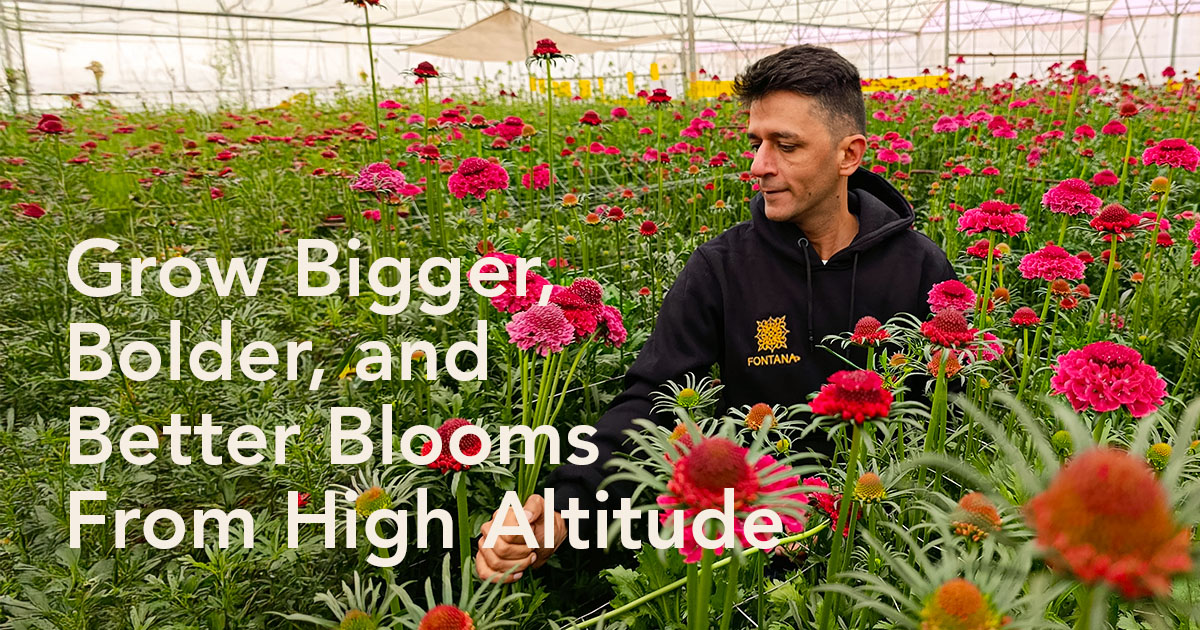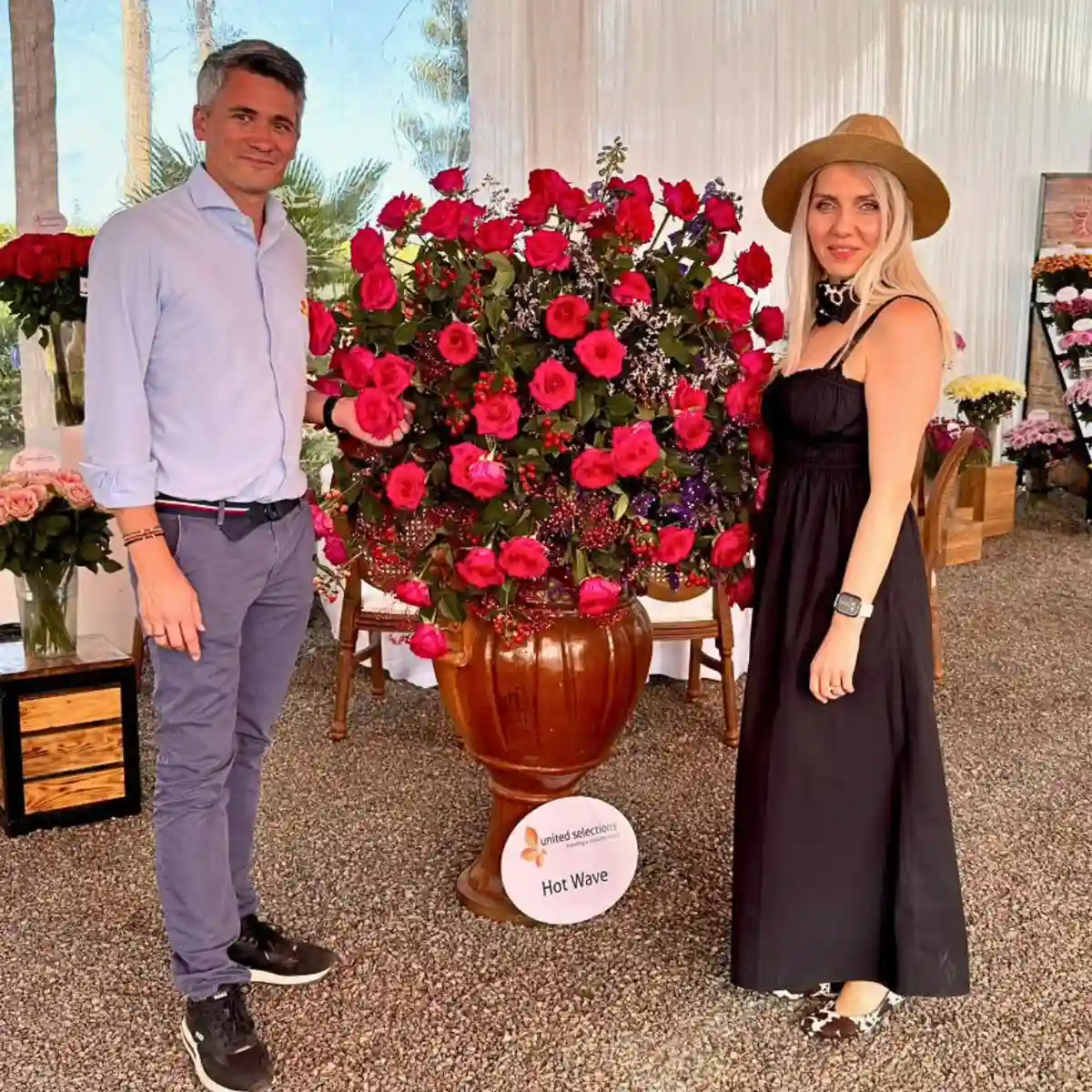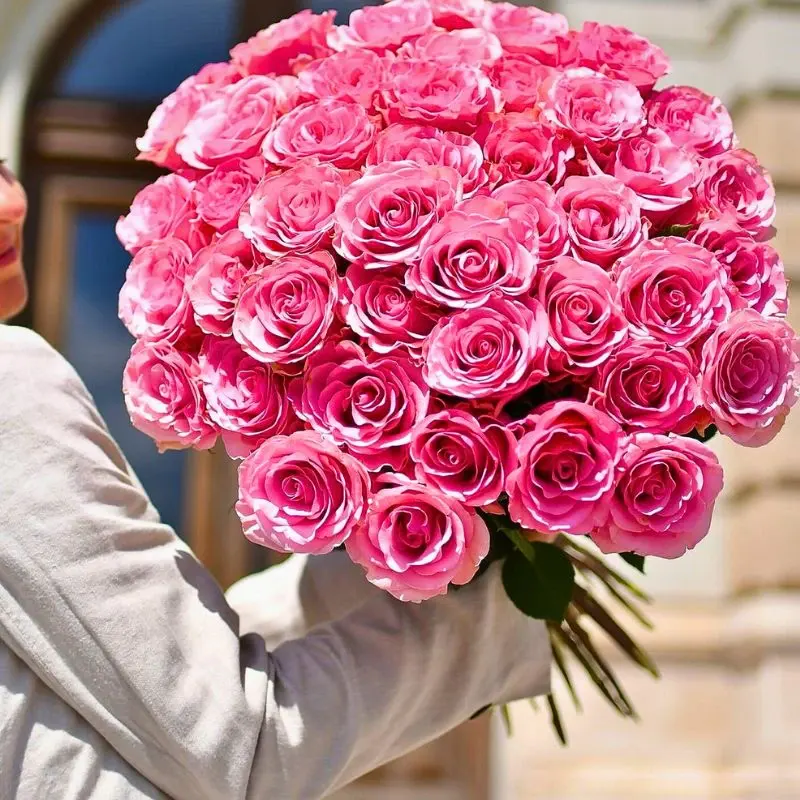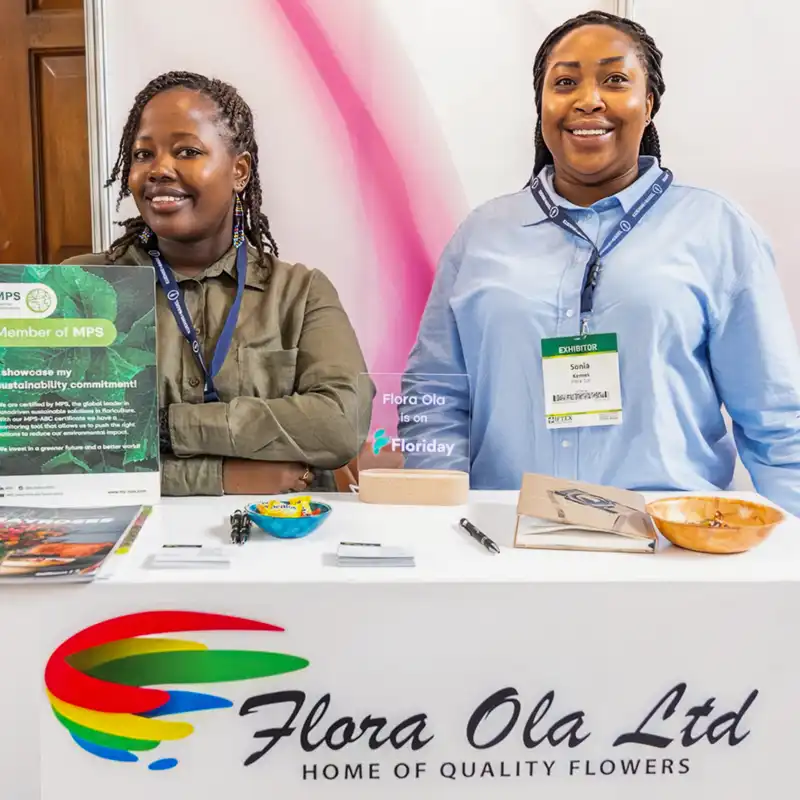If you’ve been around the rose block a few times, chances are you’ve heard whispers (or outright praise) about Fontana from Kenya. Not because they’re chasing buzz, but because their flowers show up consistently, cleanly, and with quality that doesn’t flinch, even when the market does. And if you had not heard about Fontana itself, you must have seen their renowned farms appearing on your radar, like Ayana, Alisha, Diya, and Akina.
Arfhan Mughal, Sales and Marketing Executive at Fontana, digs a little deeper into what makes this Kenyan growers' collective worth watching.
The Fontana Story - From Supermarket Basics to High-Altitude Ambitions
Fontana is a shortened household brand name for Fontana Farms. At first, they didn’t start out with grand greenhouse dreams. Back in 2004, the company kicked off with a 20-hectare farm focused purely on supermarket-grade flowers. You know the type — solid but small, the kind that works well in retail bunches. That all changed in 2007 when founder Girish Appanna spotted some unusually large blooms at a local farm, Njoro Gardens (now Akina). Something clicked. Why stick to standard when premium is just an altitude shift away?

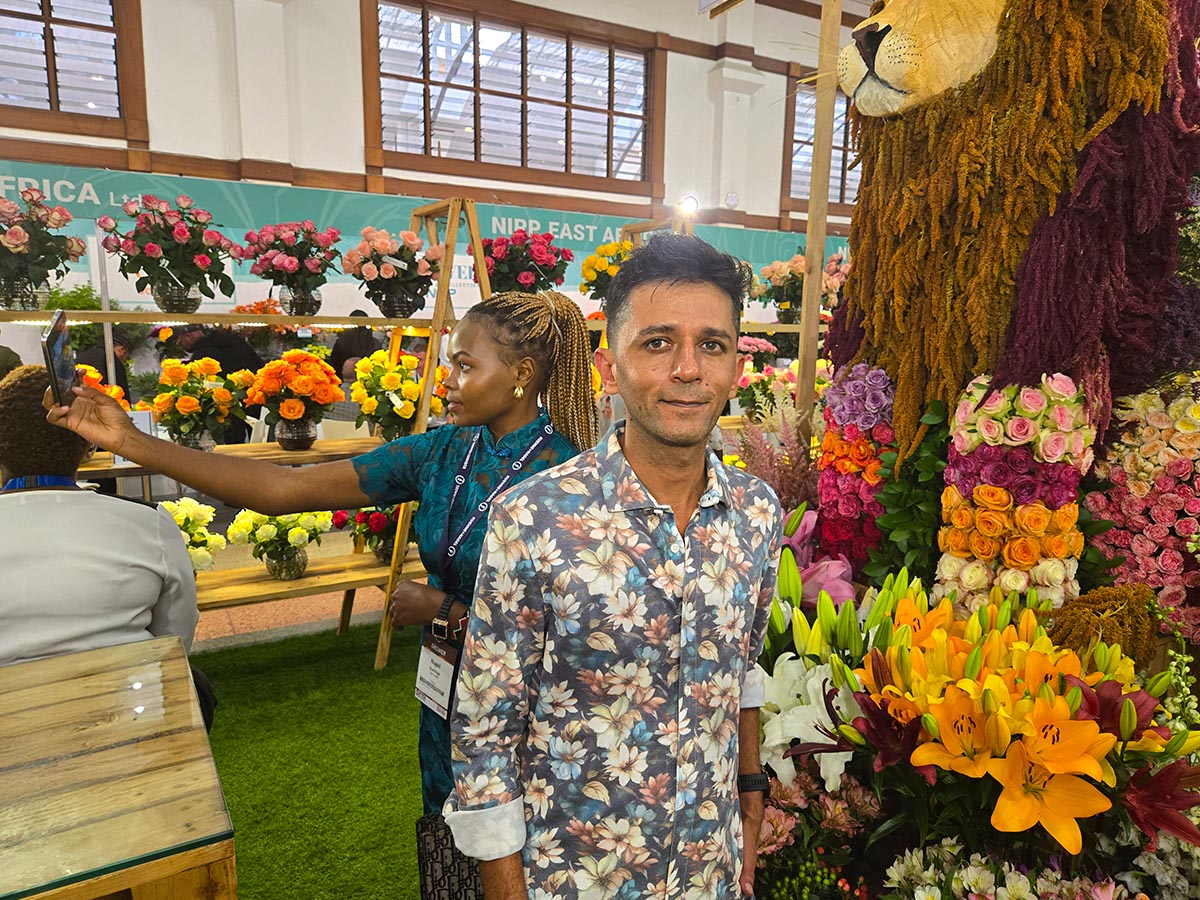
Fast forward a few years, and Fontana was expanding into Kenya’s highlands. Farms started popping up at elevations of 2,000 meters and higher, eventually reaching 2,600 meters — the highest in Kenya at the time. Ayana, one of their main auction brands, came from this shift. The idea? Grow bigger, bolder, and better blooms by letting altitude do some of the heavy lifting.
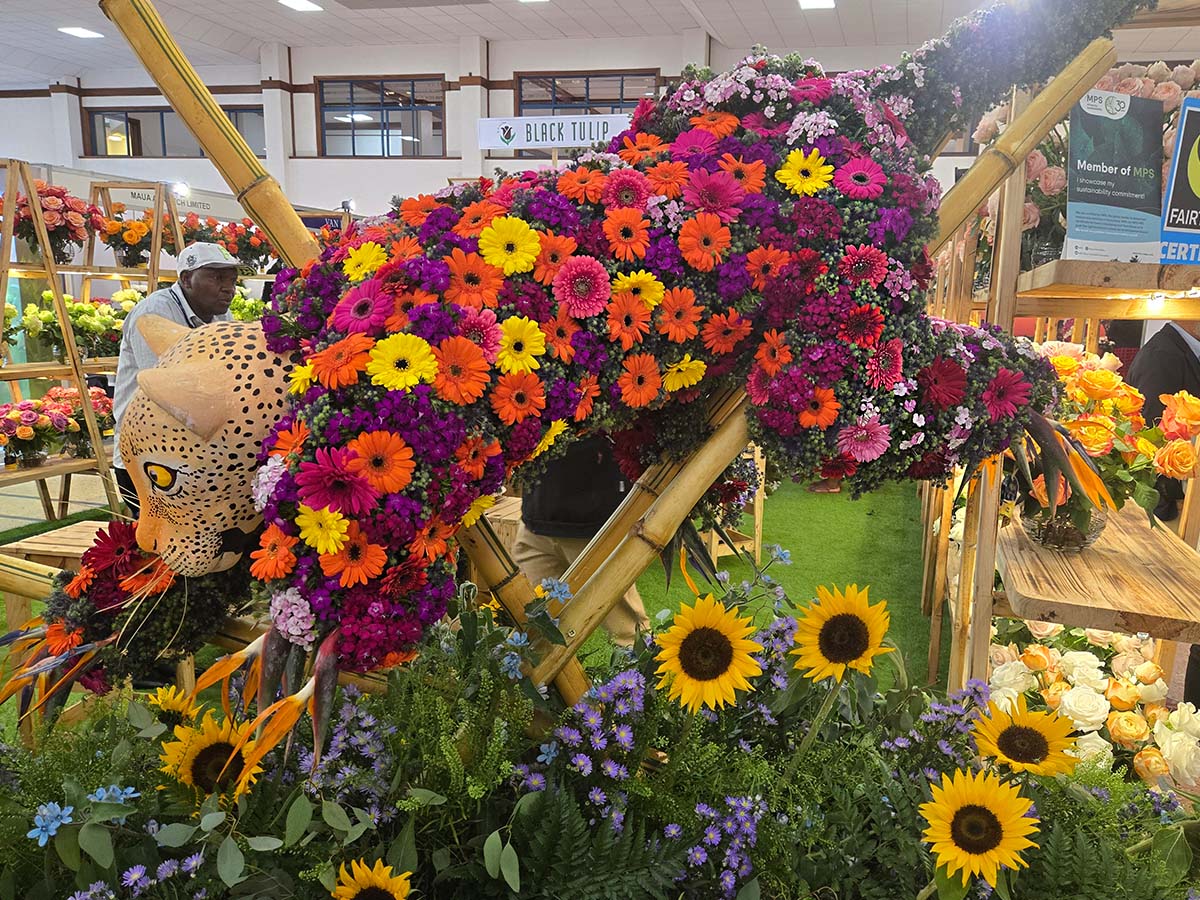
One Name, Many Farms
Today, Fontana operates four farms in Nakuru and Nanyuki County, close to Mount Kenya. Combined, they cover around 170 hectares, with plans to cross the 200-hectare mark soon. That’s a lot of flowers— and not just roses.
Because while roses are still the main act, Fontana’s been branching out. What started as a 'fun' experiment with one hectare of carnations turned into 12 hectares and counting. Over the past three years, they’ve gone full tilt into diversification. Think Chrysanthemums, Delphiniums, Scabiosa, Hydrangeas, lilies, and more.
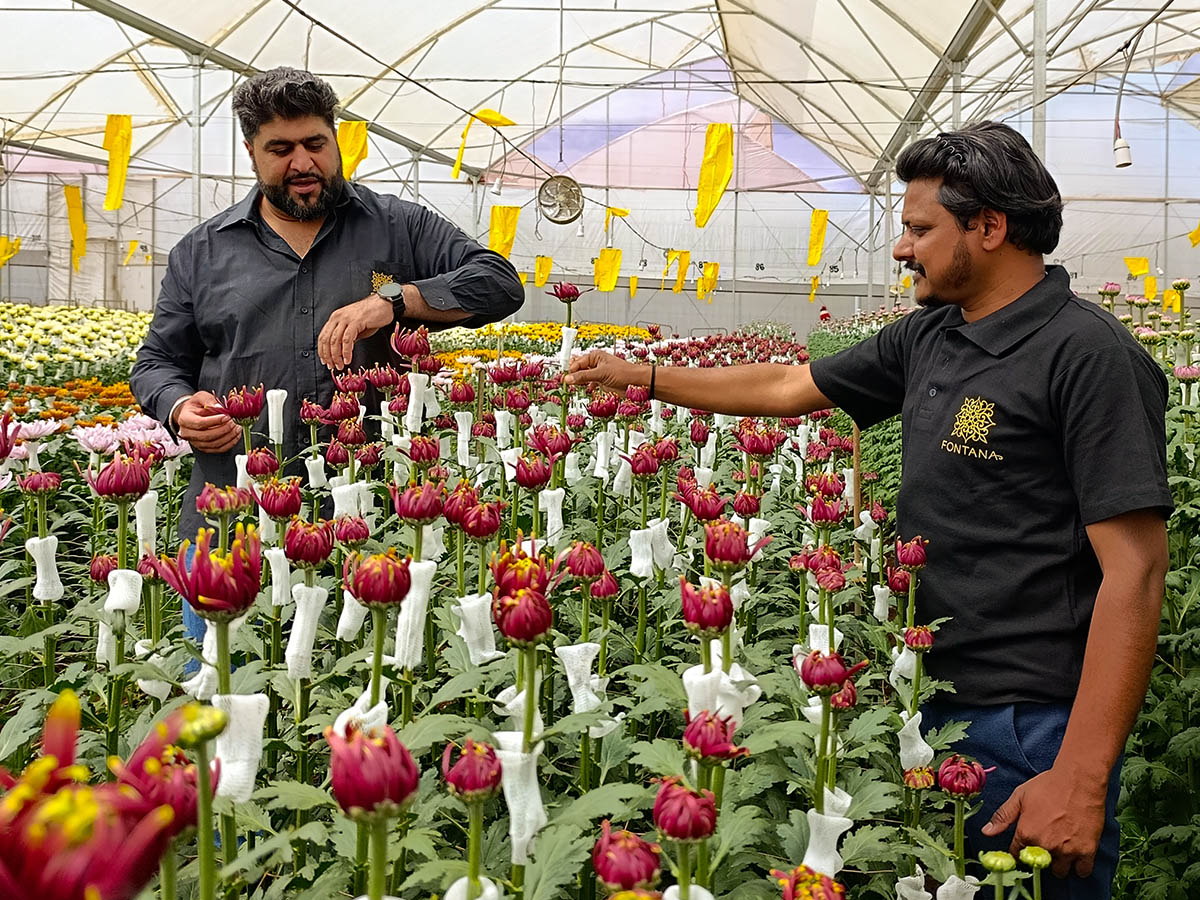
Lisianthus, in particular, has been a fascinating case. Thanks to Kenya’s high altitude, Fontana can use a pinching technique that allows one seed to yield up to three plants — something that’s practically impossible in lower-elevation countries like the Netherlands. That means stronger plants, faster growth, and better yields — all while keeping the quality tight.
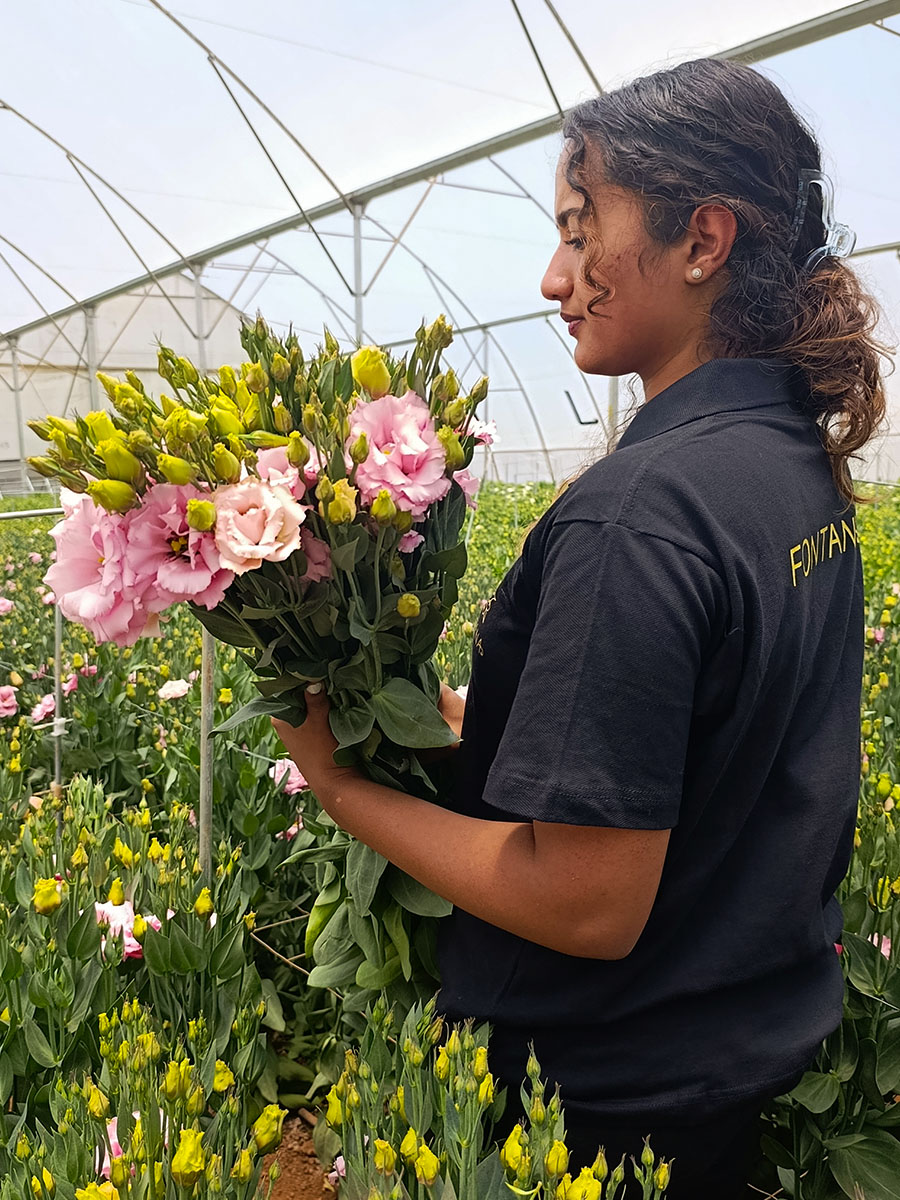
Breeding Ties and Early Access
Fontana works closely with breeders, and not just after varieties hit the catalog. They’re involved from the code stage — before anything gets commercial. They’ve set aside 4 hectares just for trials. That’s not a few test rows; it’s a full-scale operation. According to Arfhan, they’re releasing about twenty new rose varieties each year.
They partner with all the big names, De Ruiter, Interplant, United Selections, Schreurs, Kordes, and Tantau, to name a few. Interplant plays the strongest role in their rose selection. On the summer flower side, Fontana has developed a tight connection with Japanese breeder Takii. That partnership kicked off after a FlowerTrials visit in 2023 and now includes Lisianthus and sunflowers among other crops.
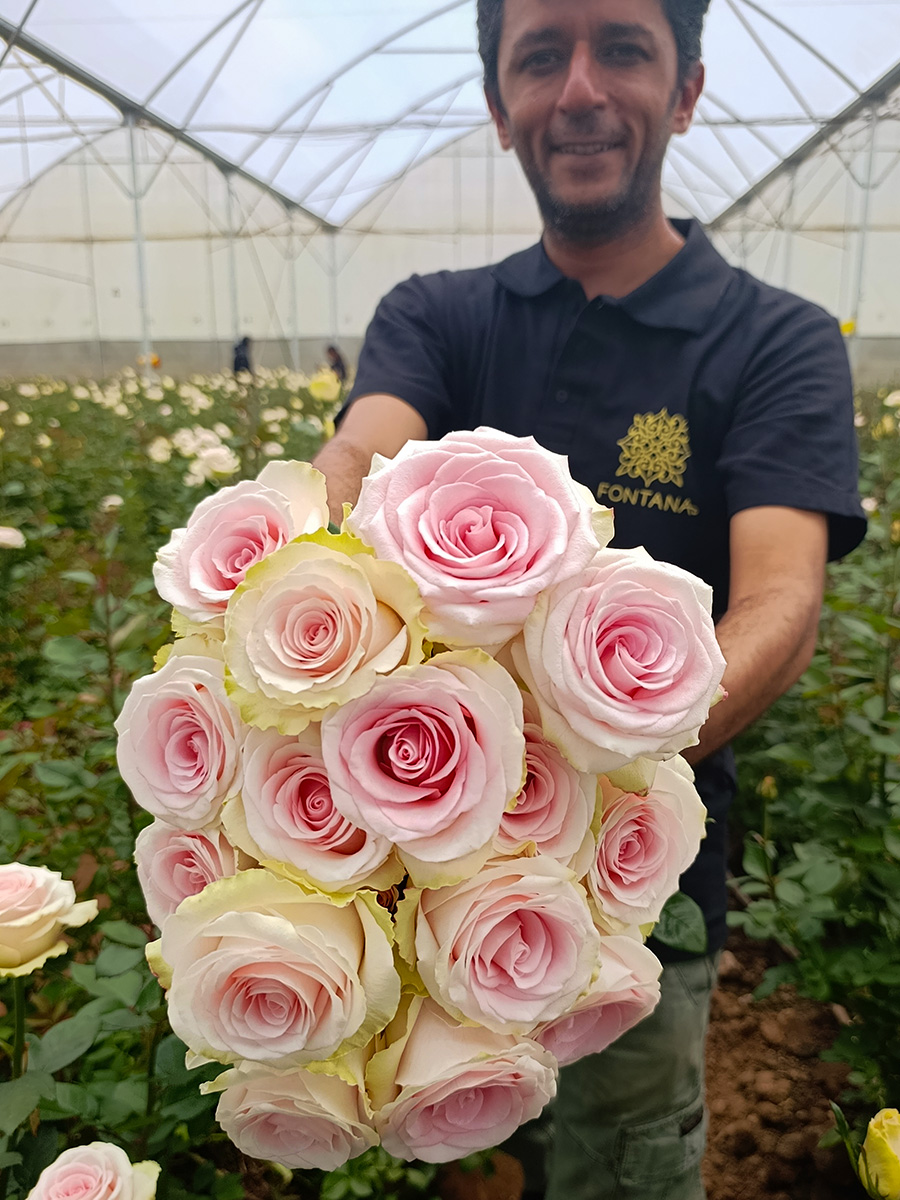
Quality That Moves — Literally
Talk to anyone in the flower chain, and you’ll hear the same pain points: logistics and post-harvest. Fontana’s made this a focus. All grading is machine-based with photo-checking systems, so specifications don’t get lost in translation. Cold chain? Locked. They run super-cooled trucks to keep things steady from greenhouse to airport. That’s especially key for farms exporting straight to markets like the U.S., where Fontana now ships 250 to 300 boxes a week through their exclusive partnership with Holex.
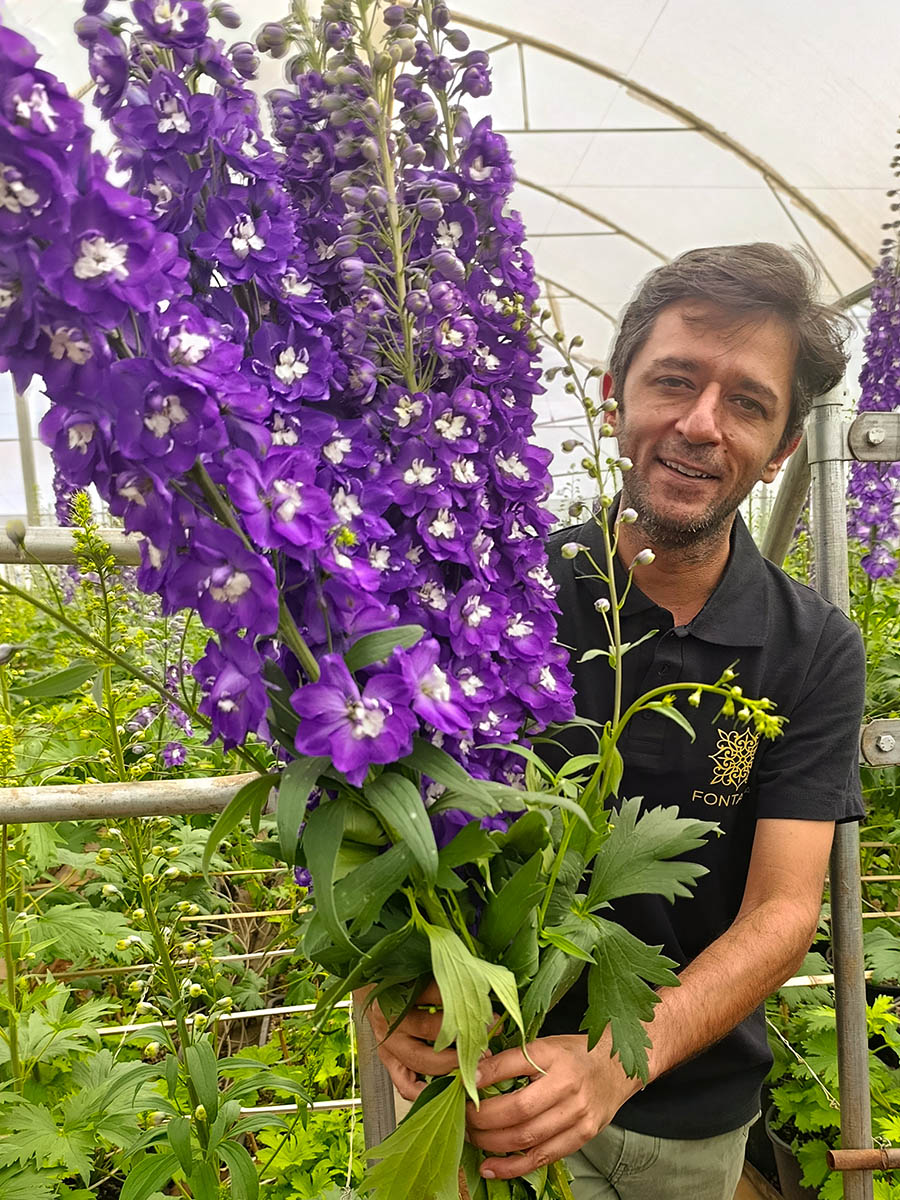
For Middle Eastern markets, Fontana works exclusively with Black Tulip in the UAE. In Saudi Arabia and other parts of the Gulf, things are opening up more. Australia’s in the mix too, with distributors across Melbourne, Sydney, and Adelaide. And yes, Europe’s still a solid player, both through Decofresh at the Dutch auction and direct supply to places like Germany and South Africa.
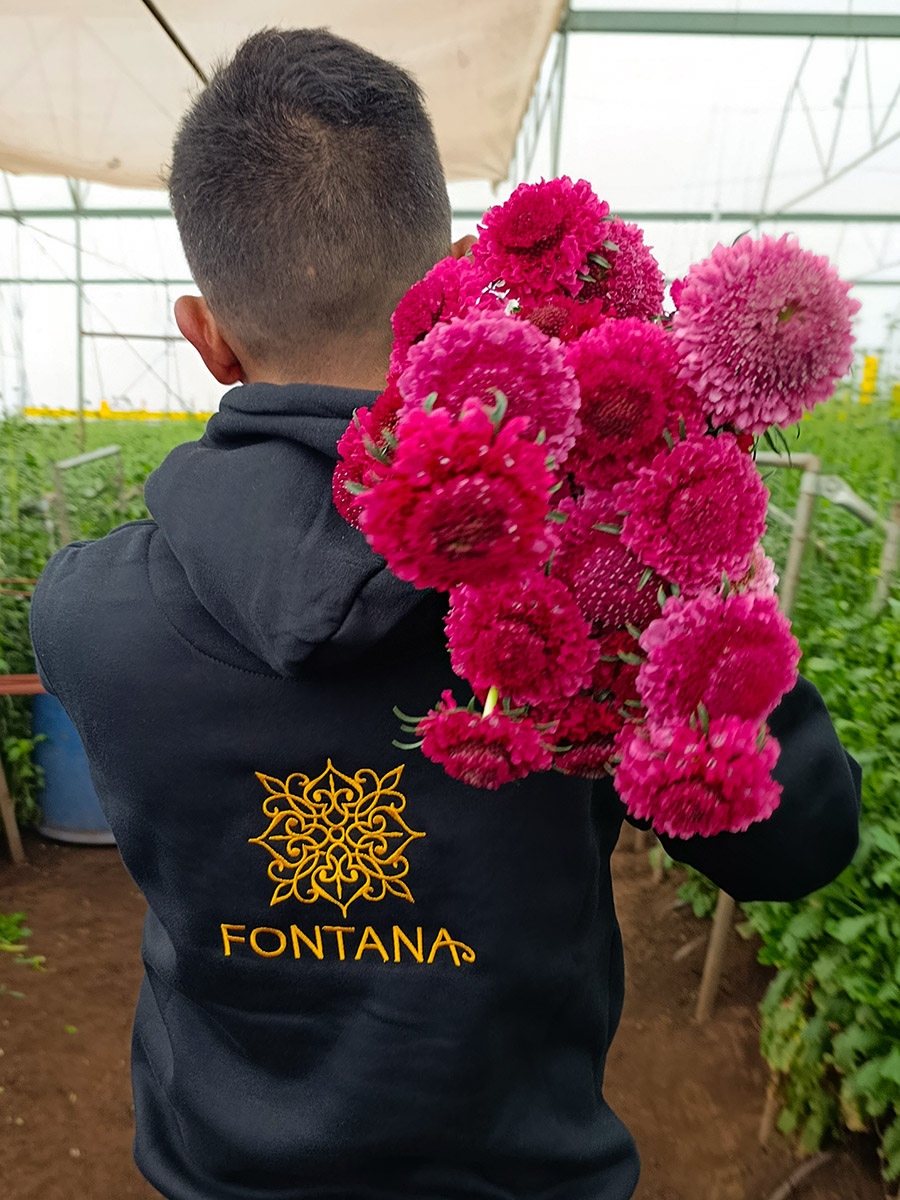
What Sets Fontana Apart?
According to Arfhan, Fontana's secret sauce is twofold: deep breeder collaboration and a high-efficiency operational setup. They don’t just buy what's available; they help shape what becomes available.
Arfhan:
"I'd say the unique part of Fontana is the amount of time we spend on our selection and our research. About 90% of our product line is exclusively grown by us. We work very closely with breeders on the pre-selection, even before they commercialize, we work from the code stages. So we are up to date on the codes, and have our own dedicated trial areas. And that's what keeps us ahead of everyone because we always select new stuff faster than the rest. We don't focus on the old stuff too much; we want to release and promote products every month."
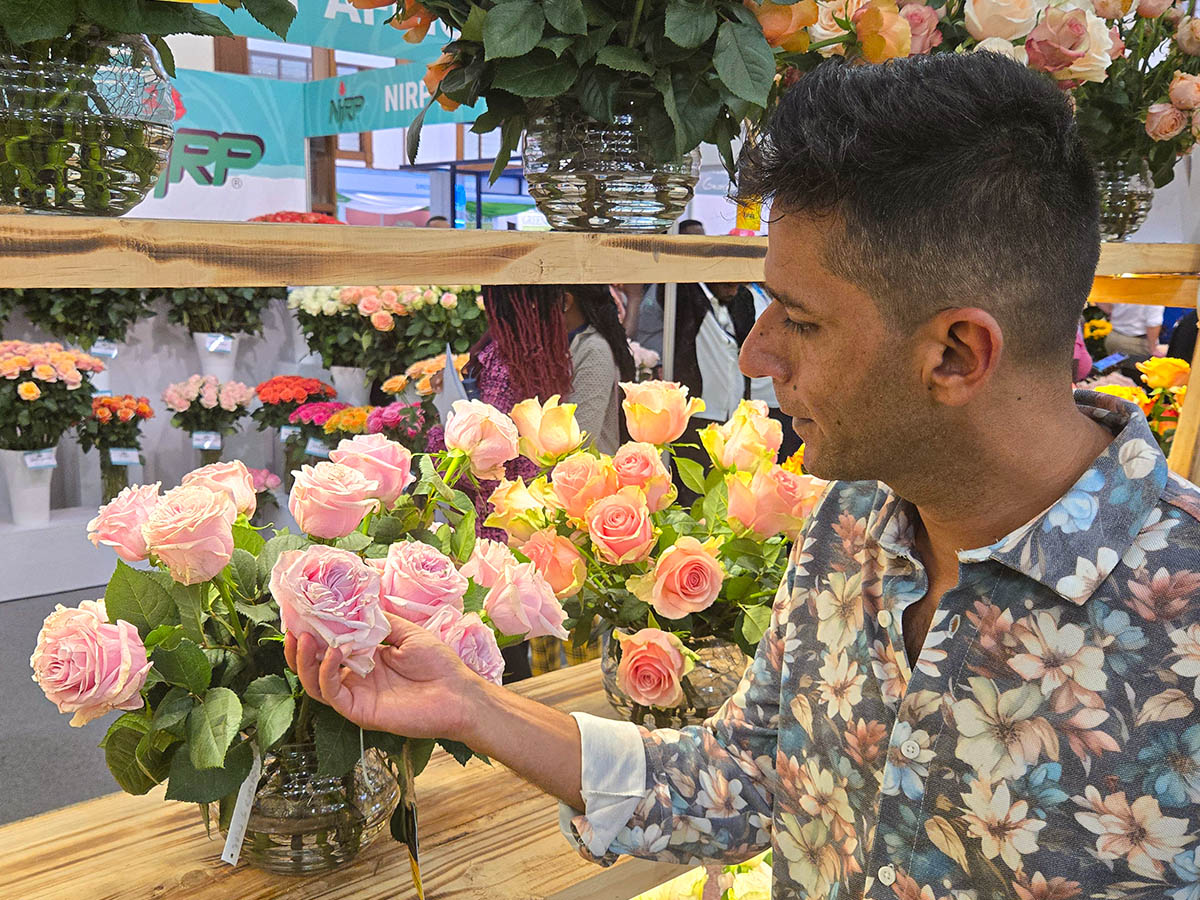
And they back that up with consistent volumes, reliable specs, and a clear understanding of how the floriculture business runs beyond the farm gate.
“Our cool chain systems are different from what we’ve seen on other farms. Everything is graded by machine. We can promise you a spec and actually deliver it,” he says.
Fontana Farms isn’t slowing down. But unlike many growers chasing volume, their approach feels curated. They’re not just planting more for the sake of it. They’re planting smarter, testing harder, and growing with a clear sense of where their strengths lie. And if you’re wondering about their newest rose variety — yes, it’s called ‘Hampshire’. Ask your suppliers, because it might just be the kind of bloom your customers didn't know they were waiting for.

